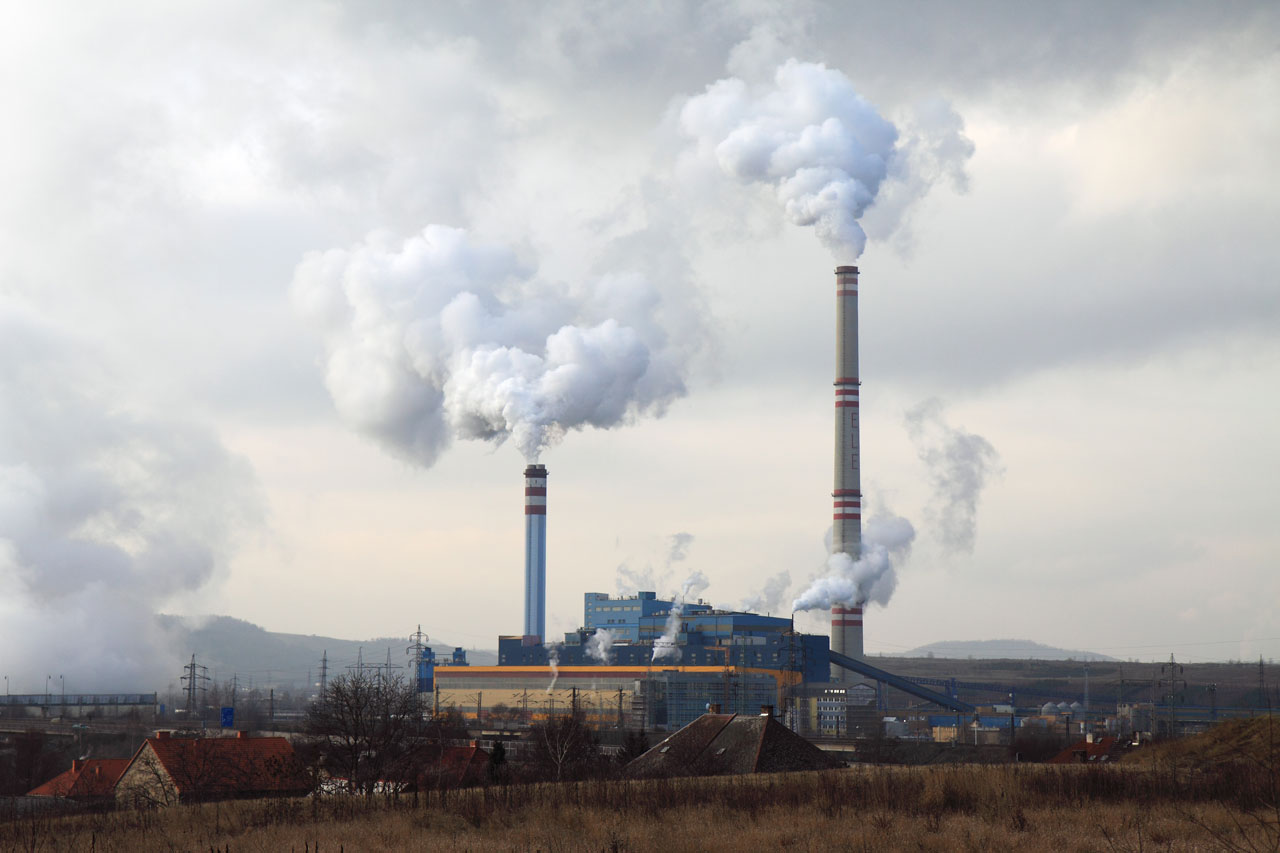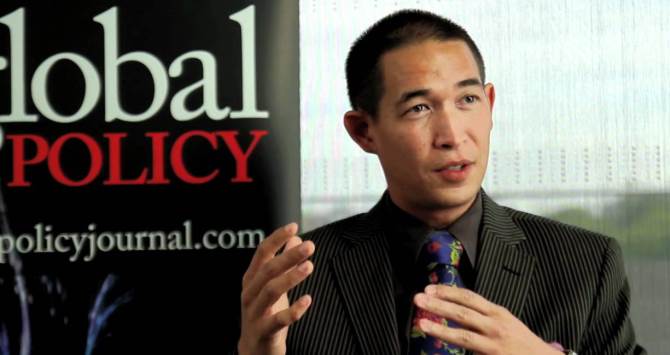Our students go on to a wide range of careers. Some work for NGOs, private companies or governments, others like MSc Development Studies Alumnus Kartik Misra undertake further study. Kartik is PhD candidate at University of Massachusetts, Amherst, and is researching the crisis of Indian agriculture. In this post he gives us an insight into some of the work he’s been doing.
 The Limited Liability Act of 1855 allowed British corporations to separate their firm’s financial liabilities from the assets and wealth of their owners. This was expected to encourage entrepreneurship and investment which in turn would generate employment, prosperity and lead to greater innovation. If a limited liability firm goes belly up, it’s investors are not required to liquidate their assets. However, if the firm’s owner is a sole proprietor, as is generally the case with small businesses, then there is unlimited liability and debts have to be repaid at all costs. Today most countries have some form of limited liability clause in their rule books, but only for a few select citizens.
The Limited Liability Act of 1855 allowed British corporations to separate their firm’s financial liabilities from the assets and wealth of their owners. This was expected to encourage entrepreneurship and investment which in turn would generate employment, prosperity and lead to greater innovation. If a limited liability firm goes belly up, it’s investors are not required to liquidate their assets. However, if the firm’s owner is a sole proprietor, as is generally the case with small businesses, then there is unlimited liability and debts have to be repaid at all costs. Today most countries have some form of limited liability clause in their rule books, but only for a few select citizens.
The Great Recession of 2008, The Crisis in Europe and the recent problem of non-performing assets (NPAs) in public sector banks of India all underscore the debate around the limited liability clause and how it differentiates between people based on their wealth. On, one side of the debate, Joseph Stiglitz argues that this is a major problem with the global financial infrastructure. In the Great Recession of 2008, American corporations and banks enjoyed limited liability, but small homeowners and the borrowers in other countries and the governments of those countries were not under the protection of this clause.
The consequences are even more serious in the case of The European Debt Crisis. In theory, both lenders and borrowers should shoulder the losses if an investment fails and therefore it’s unfair to blame the Greek government alone. Had any regulatory mechanism existed, some of the subprime mortgages would not have passed even a ‘sniff-test’ so it’s unfair to punish only the borrower for her inability to pay. Economists and policy makers on the other side of the debate argued that the Greek government was irresponsible and was rolling out subsidies and pensions to win electoral battles and are now refusing to pay the conscientious bankers of Wall Street. I do not wish to reopen that debate now but simply to draw your attention to what happened next. As Greece was forced to embark upon the gloomy path of structural adjustments its unemployment rate has risen to 25 percent and the government was forced to privatize state assets, increase retirement age and cut pensions. So the resources were effectively transferred from the irresponsible elected leaders in Athens to the torch bearers of financial capitalism in New York and Berlin. This could be done because Greek pensioners and unemployed youth were not considered important agents of capitalism and therefore unworthy of the protection guaranteed under limited liability.
The global imbalance of power highlighted above is just a manifestation of how the financial architecture is designed to tilt the balance of power in favor of large corporations. India has been facing an acute problem of NPAs in its public sector banks for quite some time now. Between 2013 and 2015, 29 state run banks have written off close to USD 17 billion as bad debt. NPAs have risen to one-third of banks’ net worth and most of this money is owed by large limited liability corporations. The Reserve Bank has asked banks to clean their balance sheets and the government has asked banks to recover their losses without fear or favor from the political establishment. In addition, the government has allocated around USD 380 million to the banks in the budget for 2016-2017 and allowed them to use the market valuation of their assets (like bank buildings) to improve their balance sheets.
At a time in India where all political economy questions are posed and answered in terms of corruption and political patronage, it is important to understand the power of large capital in deciding the rules of the game. Notwithstanding the huge exemptions in taxes to the tune of USD 9 billion, large corporates have failed to generate employment, increase manufacturing output and accelerate economic growth. However, the present crisis of NPAs has added another dimension to the story. These big businesses have gambled away ginormous sums of money from the Indian people and have brought the banking system to the brink of collapse. And what is worse, their personal wealth (India is ranked fourth in the Forbes list of dollar billionaires in the world) is still safe thanks to the limited liability provision.
The savings of the working class in India (most of whom may never qualify for a loan themselves) will now be used to bail out public sector banks. Further, and if that were not enough, public assets like bank buildings, which are in prime locations in all cities of the country will be used to clean up the mess. While this money could have been spent on increasing social security, it will now be used to keep the roulette wheel of finance moving. The domination of large capital on our political imagination is so strong that this crisis is being considered a result of hostile government policy as opposed to corporate greed and manipulation. This is remarkable since other social groups like small and medium enterprises (which create most jobs), farmers and students continue to be threatened by recovery agents should they fail to repay their relatively small loans.
As banks struggle to find ways to recover some of their money and the Indian government prepares to look tough on defaulters while adhering to its pro-market principles, we need to ask the following question. If the markets know what’s best, why have all these loans become non-performing assets? It is time economists shed their cloak of limited liability!





